The Easiest Way to Make Your Own Designer-Inspired Perfume at Home
Making your own perfume at home is easier than you might think. In fact, we’re sharing the simplest 2 ingredient recipe that will create the most beautiful fragrances that you can wear, allowing you to change up your signature scent quickly and inexpensively whenever you like.
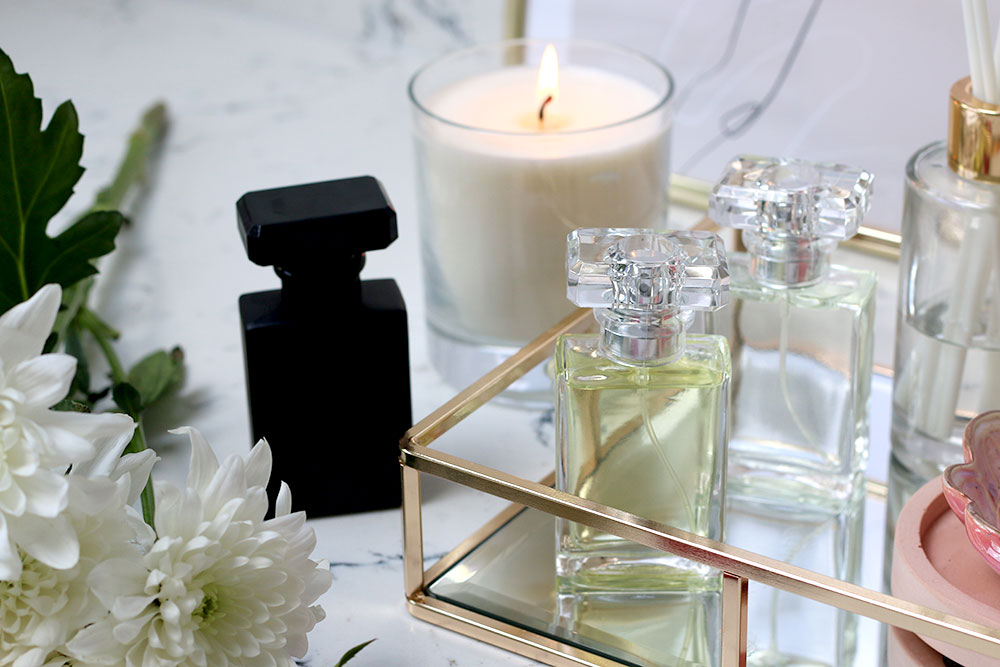
The secret is in using our own custom blended formulations of some of your most-loved high-end fragrances, so you don’t have to try to create these blends yourself. We have an entire range of perfume-inspired fragrance oils to choose from.
If you want to just jump in, check out our video showing you how simple the process is using our La Vie Est Belle fragrance oil but read on to find out more about the easiest way to make your own perfumes at home that rival the big pricey brands as well as our tutorial in written form.
Our tutorial is meant for personal use only. If you’d like to sell your perfume products, you’ll need to purchase our Perfume Assessment and follow the guidelines on selling your bath and body products as laid out in our blog post here.
To keep things simple, we've used measurements in millilitres in our tutorial but remember, when selling any cosmetic products, ingredients should be based on weight rather than volume.
Want to make your own version of one of the best-selling perfumes in the world? Our tutorial will show you how to create a La Vie Est Belle Inspired perfume.

Ingredients and Equipment

- 40ml Perfumer’s Alcohol
- 10ml La Vie Est Belle Fragrance Oil
- A 50ml glass bottle with an atomiser spray nozzle*
- A glass measuring beaker or jug
- A funnel
- A glass stirrer or a metal spoon
- A set of nitrate gloves
*Simply double the recipe if you’d like to use a 100ml bottle instead.
If you find that you may be sensitive to using alcohol on your skin, you might want to consider skin-friendly oils that can be used as carriers instead. If you find the alcohol is an irritant, please discontinue use.
Step 1 – Measure Your Perfumer’s Alcohol

Measure out 40ml of Perfumer’s Alcohol into your glass measuring beaker.
Step 2 – Add your Fragrance Oil

Add 10ml of fragrance oil to the same beaker.
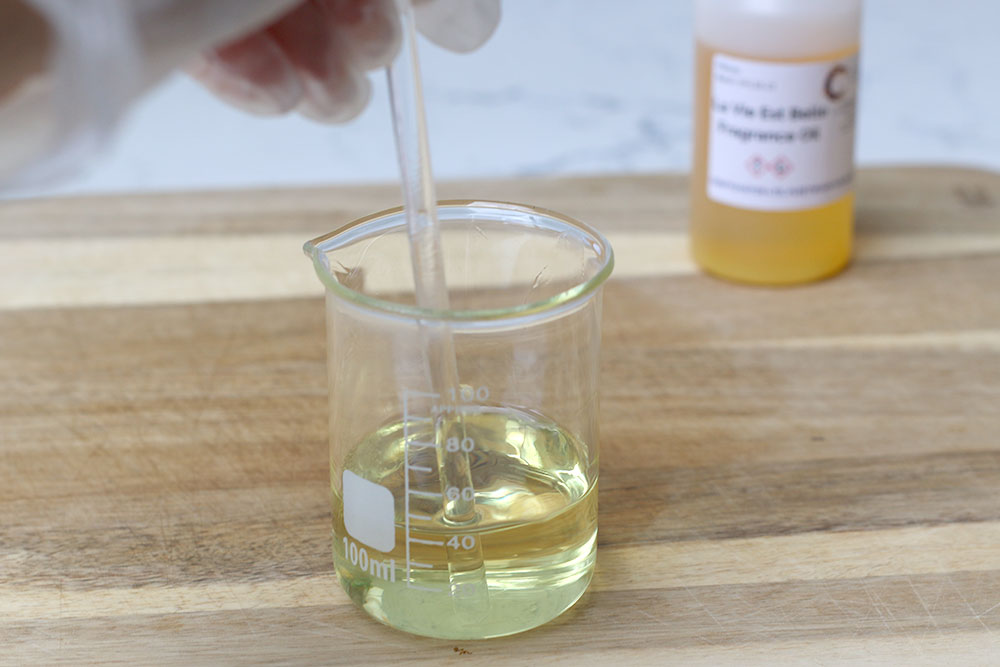
Stir for approximately 60 seconds until it is completely mixed.
Step 3 – Pour into Your Bottle
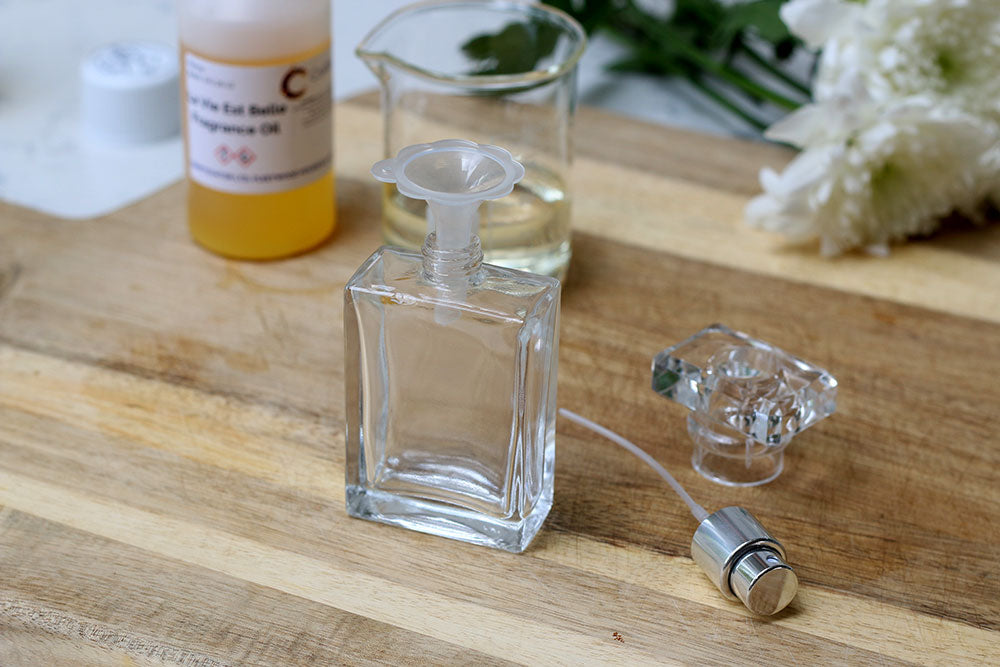
Using your funnel, carefully pour into your glass spray bottle.
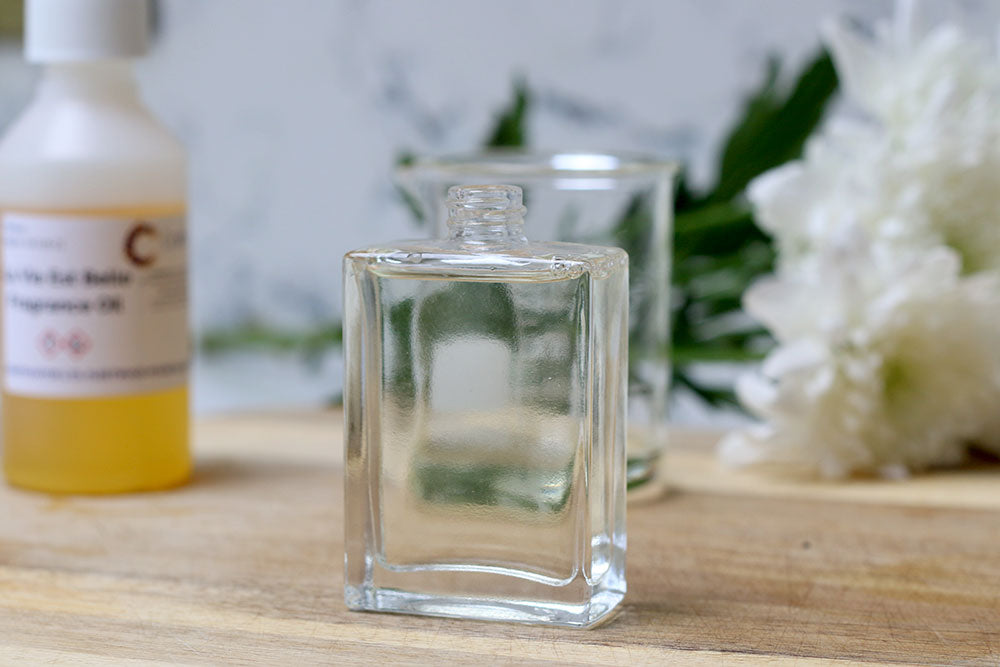
Once poured, replace the spray cap.
Step 4 – Leave to sit

We found it was best to allow the mixture to sit for at least a few hours (or overnight) to allow the mixture to fully blend, creating a deeper and more intense fragrance but if you’re impatient, you can start using your spray right away.
How Did the Art of Perfumery Start?
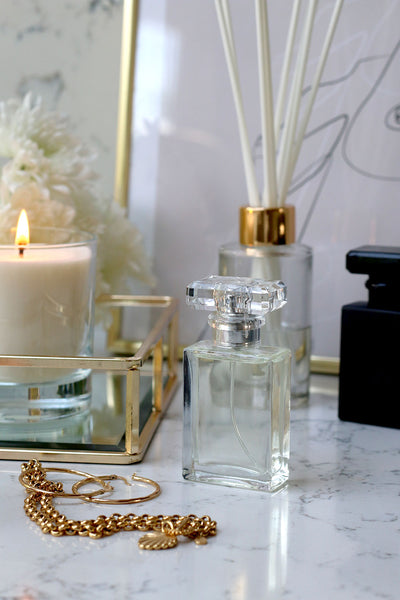
Whilst we may associate perfumes with leaving a good impression and surrounding ourselves with a luxury, lingering scent, perfume has an interesting history that initially had nothing to do with making a great first impression.
The first form of perfume to be used was, in fact, incense, by the Mesopotamians, around 4000 years ago. Incense made its way to Ancient Egypt around 3000 B.C. where fragrant resins were used exclusively in religious ceremonies and rituals, only really being used amongst the elite and religious orders. Gradually, the priests relinquished their exclusive rights and soon, well-to-do citizens took pleasure in soaking in elaborate baths and using scented oils for pleasure.
It was later in Roman times that these fragrances moved into more popular use, creating the first liquid perfumes and with the introduction of trade routes, the more common man or woman could get their hands on exotic fragrances coming from as far away as China, the Middle East and India. However, it was the Arabs who became the first to discover distillation.
What we know today as perfumes really started in the late 1700s in France where perfumery flourished with the introduction of more modern distillery methods, allowing them to extract essential oils from plants and flowers. A broader understanding of chemistry allowed for the creation of ever more evocative scents and blend combinations as we moved into the early 20th century.
With further advancement in science and chemistry, the industry has grown to what we know today, allowing chemists to create an array of fragrances using chemical compounds, a number of which are nature identical. These match the organic chemical structure of the originals without the price tag. We’ve also seen a rise in fragrance oils which use blends of both natural and synthetic ingredients to create scent profiles which would have been impossible in centuries passed.
Did you know Chanel No 5 was the first perfume created by applying modern chemical principles and using synthetic ingredients? We carry our own interpretation called After Four we think you’ll love.
Why Use Designer-Inspired Fragrance Oils?
While you could spend many days, weeks or months endlessly combining different oils, attempting to replicate your favourite scents, the easiest (and least expensive!) way to create your own perfume is allowing us to do the hard work for you!
We’ve created our designer fragrance collection to mimic the general notes and categories of your favourite off-the-shelf brands with only a few creative alterations. This means they aren’t exact duplicates but if you love the inspiration of our designer fragrances, we’re certain you’re going to love our interpretation of them too.
This allows for incredible timesaving with no expensive mistakes. Simply choose your favourites from our designer-inspired list and use our tutorial below to create your own perfumes. In fact, if you love the scent, why not try making them across a range of other products too? You can layer your favourites in candles, wax melts, diffusers or even soap and body products.
How Much Fragrance Oil Should I Use When Making Perfume at Home?
You might be familiar with both Eau de Parum and Eau de Toilette but do you know the difference? As you might expect, we can thank the French for their classification system indicating how strong perfume should be.
- Parfum (20-40% fragrance)
- Eau de Parfum (15-20% fragrance)
- Eau de Toilette (5-15% fragrance)
- Eau de Cologne (2-5% fragrance)
As you can see, Parfum is the strongest scent and also the most expensive when purchasing off the shelf due to the very high percentage of fragrance. Most of what we buy today falls somewhere between Eau de Parfum and Eau de Toilette and it’s these percentages we’d recommend when creating your own perfumes at home - they strike the perfect balance of strong without overwhelming the senses!
Can I Use Any Designer Inspired Fragrance Oil in Perfume?

Given the above, we’d recommend using around 20% fragrance oil to a base of 80% Perfumer’s Alcohol for a great smelling but not overpowering perfume. However, the most important thing to check on the fragrance oil you choose is whether it’s skin safe.
To do this, you’ll need to download the IFRA 49TH Amendment documentation from the link shown on the fragrance oil page. Check the heading that says, ‘Certificate of Conformity’ and scroll to Category 4.
If the IFRA documentation shows a percentage of 20% or above, you’re fine to use it up to 20% in your perfume. If it’s below this amount, you can only go up to the recommended amount on the IFRA documentation (we wouldn't recommend using it below 10% unless you want a very subtle scent). If it’s above this amount, we would still advise to only use up to 20% for your perfume.
For our tutorial and in most homemade perfumes, 20% will be more than sufficient. So, for our tutorial, we’ve used 10ml of our beautiful La Vie Est Belle Fragrance Oil which is 20% of the total 50ml volume.
Why Use Perfumer’s Alcohol in Home Made Perfumes?
Most of the perfumes you will find on the top shelves of any luxury brand will contain alcohol and this is due to a number of reasons.
First, alcohol doesn’t allow for microbial growth, so it won’t allow for any bacteria to grow in your bottle after you make it (yuck). It’s an ingredient that’s used in sterilisation and is safe to use in small quantities. After all, we have been using alcohol-based hand sanitisers for the last couple of years and that’s because it does a brilliant job of keeping any nasties at bay.
The second reason is how rapidly it evaporates. Fragrance oil on its own is incredibly concentrated (and not quite as pleasant as it is when it’s diluted!) and you wouldn’t want to use this directly on your skin as it could very well be highly irritant.
However, when it’s mixed with an alcohol-based carrier, it not only dilutes that concentrated fragrance into something much safer and more pleasant, it also allows that fragrance to come through much more readily. This means you’ll get to enjoy that fragrance coming through long after it’s sprayed on your skin for both yourself and others to enjoy!
Now of course, you don’t want to just use any kind of alcohol. Perfumer’s Alcohol has been specially formulated to be cosmetic grade for use with fragrance oils and with its very mild scent, allows for the fragrance oil scent to come through beautifully.
The one thing we do love about Perfumer’s Alcohol is how easily it works in a spray bottle. Fragrance oils can be heavy or high viscosity at times, but this 20/80 dilution allows your home-made perfume to be sprayed just like your favourite luxury fragrances.
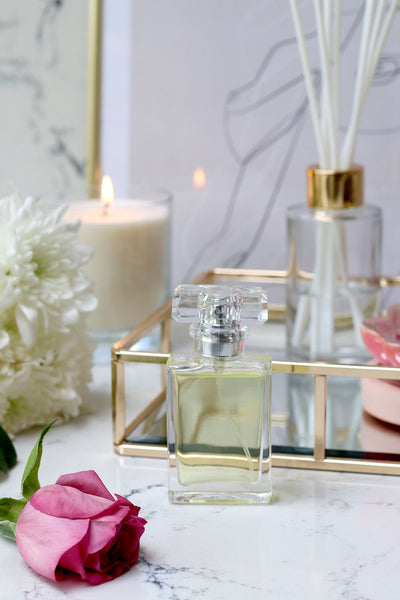
And that’s how simple it is to create your own designer-inspired perfumes at home with just two simple ingredients. Why not check out our full selection of perfume-inspired fragrance oils for your next project?
Or, if you're interested in creating a men's cologne instead, why not check out our Reel over on Instagram?
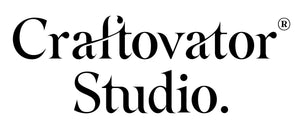

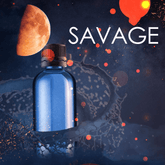
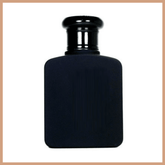
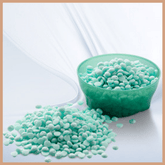



25 Comments
You can find a lot of inspiration for perfume formulas at the r/perfumeryformulas subreddit.
I want to begin making perfumes on small scale. How do I begin? From Kampala Uganda.
I’m was wondering about making fragrance body mist, lotion and perfume is there a place in LA? If so can I get the location.
Hi I’m thinking about adding body sprays / perfume to my products. Do I need a cosmetic assessment to do so?
I would love to make diy cosmetic perfume. Looking to hear from you
Leave a comment
All blog comments are checked prior to publishing